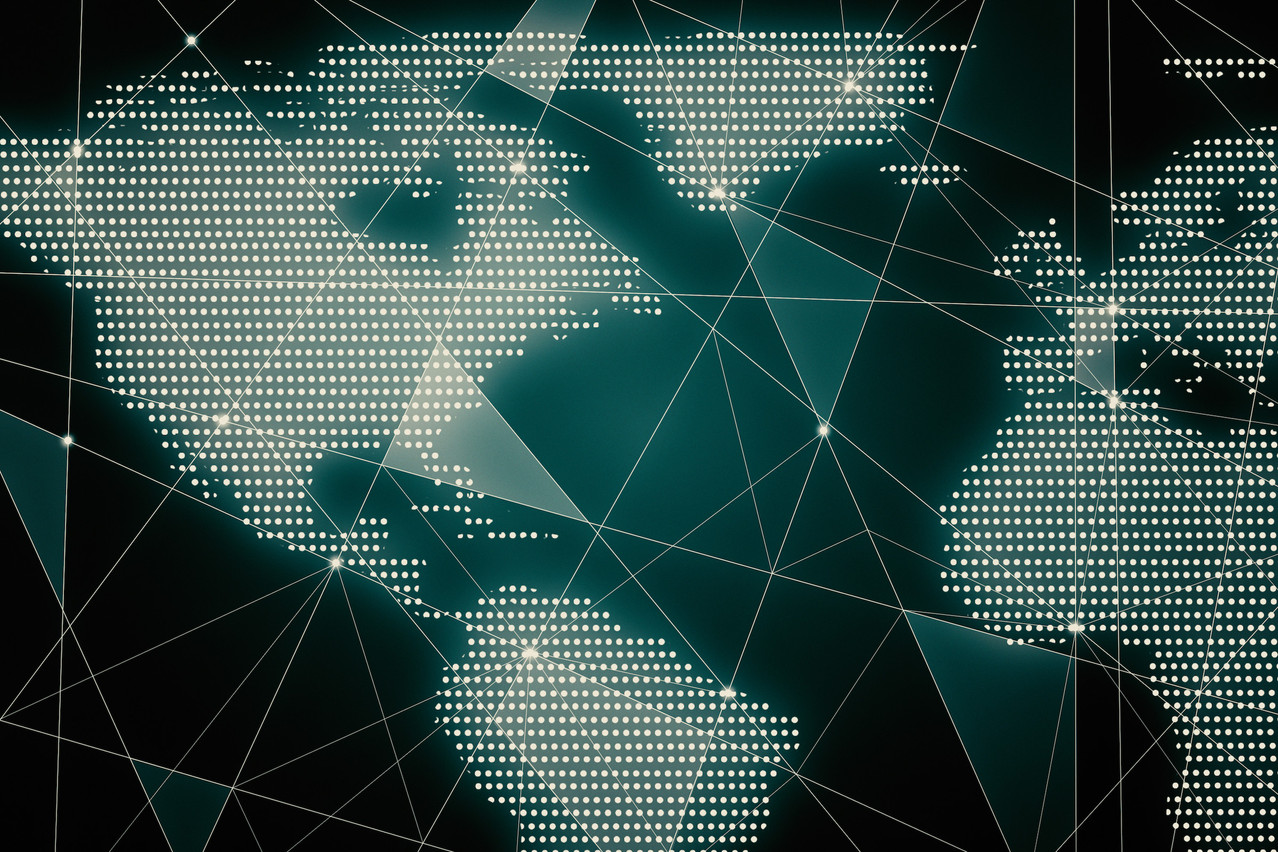“Crisis” was the theme of the 15th Journée de l’Économie Luxembourg, hosted on Tuesday by the chamber of commerce together with PwC. Economy minister Franz Fayot, economist and professor of history Adam Tooze and other guests discussed the impacts of world events on the economy as well as how to anticipate, understand and live among these crises.
The following are a few takeaways from the event.
“Feel the future in the present”
Our present day is full of overlapping crises: the ongoing coronavirus pandemic, banking and financial pitfalls, the invasion of Ukraine, climate change, as well as social upheavals related to racial inequality, the wealth gap, reskilling imperatives, teleworking, etc. Tackling these problems, or trying to, requires a reconciliation of future goals and present imperatives.
“You have to do everything at the same time,” commented Fayot. “That’s the complexity of it.” As an example, he described his efforts to create the “Luxembourg Stratégie” program, which attempts to integrate factors like climate change and loss of biodiversity into a model for what Luxembourg’s economy should look like in the future.
“The problem is not so much to balance the future and the present, but to actually feel the future in the present,” added Tooze. Taking carbon-cutting as an example, he commented that the goal has already been established: to reduce emissions by 7% per year. That breaks down to (about) 1.5% per quarter, a target that needs to be hit perpetually.
He continued: “We need a corporate short-termist approach to hitting targets for carbon emissions reduction quarter, by quarter, by quarter--relentlessly, with exactly the same focus that in the corporate world you would assume people are [using] to meet profit targets, revenue targets, whatever else.” This would amount to total accountability on a quarterly basis, he said. “And then, all of the sudden, the distinction between the future and the present utterly collapses into an endless day-by-day struggle. Every day we should be asking ourselves: What did I do today to reduce my emissions?”
The “laser-like” focus of companies is, he concluded, actually well-suited to tasks precisely like this one.
Dissolving the future into the present in this way may also, as in Tooze’s example, provide more concrete paths to action. Staying in the present is crucial and, perhaps, not to be dismissed as easy.
“We shouldn’t overregulate home office”
The effect of the pandemic on professional cultures has been widely examined, given the extent to which work activities were moved online during (and beyond) the lockdown period. For John Parkhouse, CEO of PwC, the lesson is that teleworking is here to stay--and that companies need to accept that.
“The reality, going forward, is people being able to choose [whether to come into the office physically or not],” he said. “That’s a critical factor. And the onus on companies, in my view, is not to set strict rules.”
The duty for companies is instead to create a purpose, he continued, i.e. to make sure that employees see a need to come to the office at certain times. “If you’re having people come in to do exactly what they could do at home, and have them frustrated about it, you’re not achieving anything,” he said. “You’re not increasing productivity, you’re not creating a sense of belonging, etc.”
“I see it as a social evolution,” added Tom Steffen, CEO of Groupe Steffen, referring to a future where onsite and remote working coexist.
“One thing we shouldn’t do is overregulate home office,” commented Tom Baumert, director of the Luxembourg Trade Federation, on the subject. He advocated centring the discussion on productivity rather than on a strict teleworking policy. “Because home office is a reality and we cannot forbid it. It makes no sense to forbid it.”
“Never regret experimental efforts”
“Everyone thought that the work done on the SARS vaccine was a waste of money,” said Tooze, referring to previously abandoned research which, unexpectedly, became vitally important in the development of the Covid-19 vaccines.
“Never regret experimental efforts that you engage in that don’t leave practical results, as you don’t know what the future is going to be,” he added.
Applying this logic to another subject, Tooze suggested that Luxembourg should be helping with the costly and high-risk pursuit of green steel (i.e. steel made from hydrogen rather than coal). “[Luxembourg] took steel into the history of Europe. If it can in some way make a contribution to the scattershot effort to find green steel… this is money worth spending.”
“Do not ask the simple cost/benefit analysis of those kinds of investments,” he stressed. “Because the world that we’re in is simply too complicated.”
“There is strength in numbers”
Tooze also stressed the importance of alliances, and particularly for small countries or entities. “You don’t want to be Ecuador facing covid on your own. You don’t want to be Ukraine facing Russia on your own […] You don’t want to be Iceland in 2008, stuck, alone.”
Perhaps in the context of interconnected marketplaces and geopolitics and etc., small countries gain the most by being part of blocs, a phenomenon which is obviously interesting in the grand duchy.
“In this respect, Luxembourg is obviously in a sweet spot,” said the economist.
